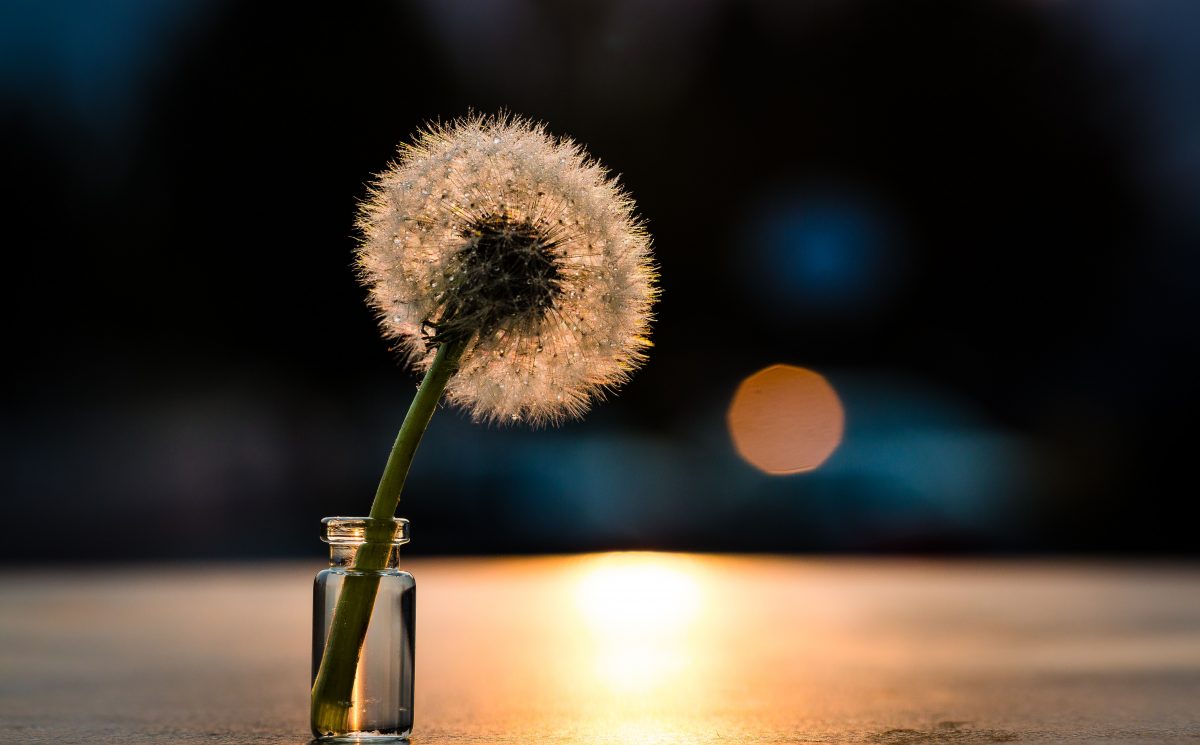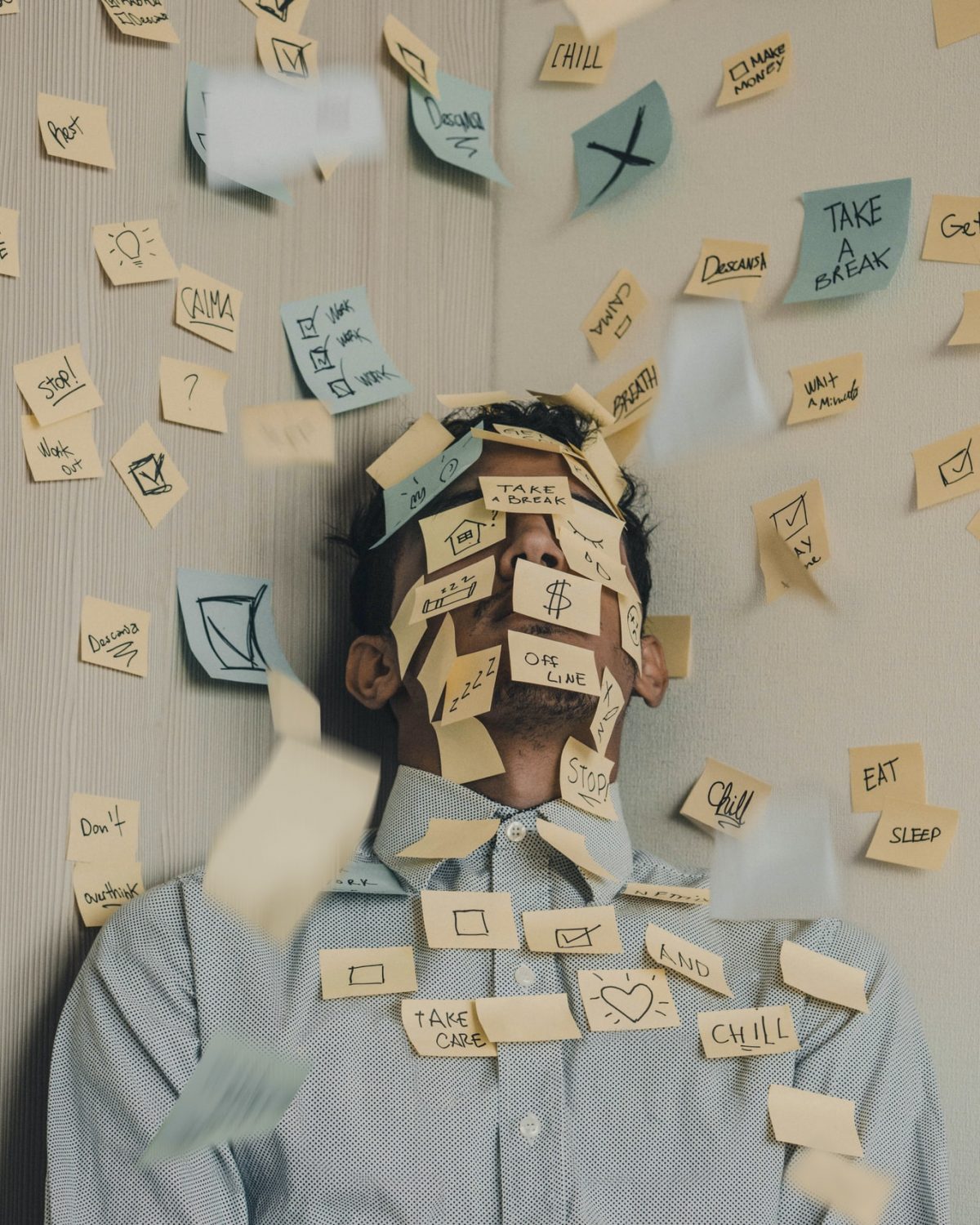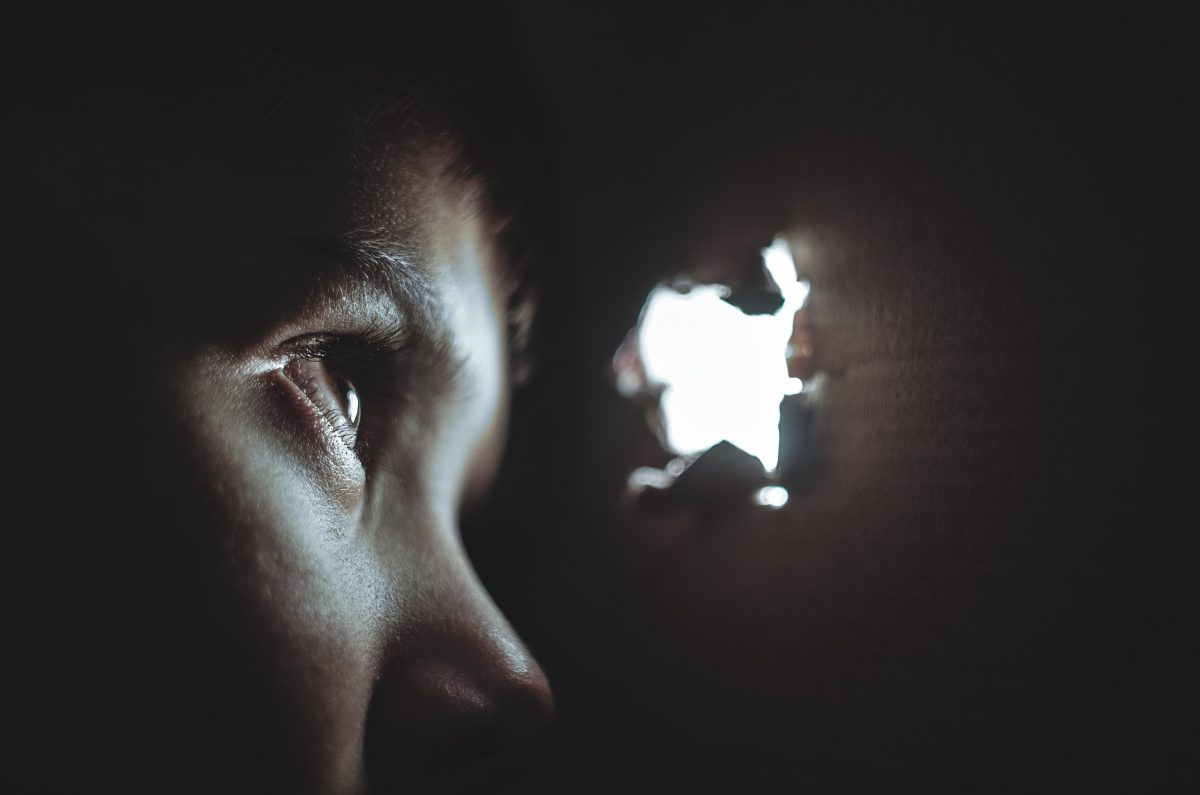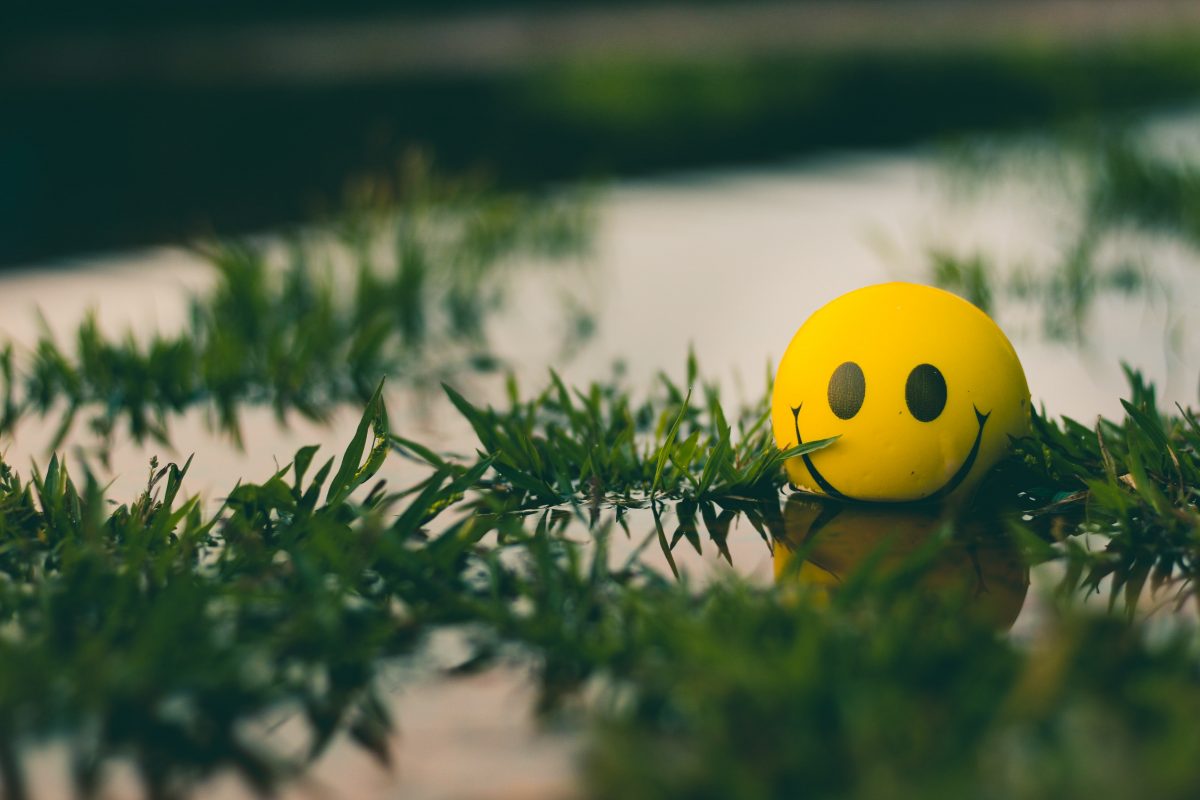In 2018, the Oxford English Dictionary added a new meaning to a snowflake- “an offensive word for a person who you think expects special treatment or is too sensitive to criticism and easily upset”. The polarised political scene, amidst global change and crises, has pushed a series of attacks on the age of millennials and gen-zs. It is not too surprising to hear another rant about today’s youth being described as too sensitive, lazy, stubborn and compulsive. The extent to which this is true or not, a question emerges what does it mean to be too sensitive beyond the political scene, in the mind and body? I recently encountered the term HSP- a highly sensitive person and learned there can still be surprising acceptance for sensitivity, including using this personality trait as a strength in today’s precarious times. In her seminal work, The Highly Sensitive Person: How to Thrive When the World Overwhelms You (1996), Dr Elaine Aron takes the reader through neurology and psychology to show sensitivity is not just about tantrums and stubborn children. The characteristic of being highly sensitive reveals an ability to process the world at a deeper level, possessing an intuition to notice and react to the world in greater detail. Her study beginning in 1991 continues to be a foundation for harnessing not denigrating sensitivity in its strengths and battles in improving mental health.
Read more




